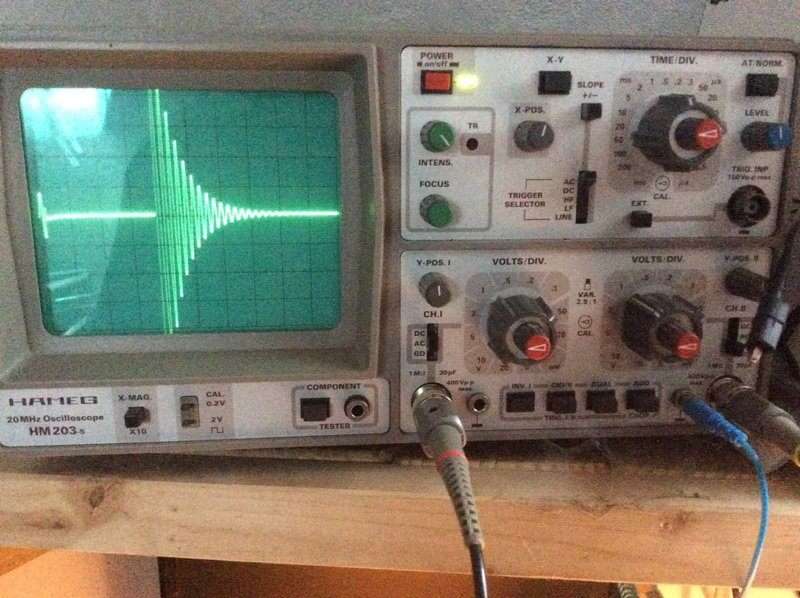Sounds like an intermittent insulation fault, my guess causing shorted turns.
Ordinary bench meters, whether analogue or digital, aren’t very good at detecting this type of fault. The test voltage applied to measure resistance is low, and may not be enough to jump the gap at all, making a bad circuit look good, Or it might be just enough to open the gap briefly, causing jittery readings.
A similar problem occurs when testing Run/Start capacitors. These operate at greater than 240Vac, and their insulation often fails briefly at voltage peaks. Misleading to test them with a basic resistance meter that only applies 1.5Vdc.
Plain meters are excellent most of the time, but it’s not difficult to get misleading results by taking them out of their comfort zone. Then an appropriate meter is needed, except they too cause confusion if applied inappropriately. Andrew Skinner mentions his Fluke outputs a pulsed waveform, which is excellent when appropriate, but perplexing if used on an inductive or capacitive circuit.
To test a motor properly, I guess the best instrument would be a Time Domain Reflectometer, an expensive toy without which no hobby workshop is complete! They work by sending an adjustable voltage pulse into the winding, and looking for an echo. Short and open circuits produce visibly different echos, and measuring how long it takes for the echo to return gives the location of the fault. It’s a form of radar. As a TDR is much more expensive than a multimeter, no surprise I make do with ordinary kit, accepting that results may be peculiar! But one can be reasonably confident that getting jittery readings out of a motor means the motor is sick.
Dave
Macolm.





